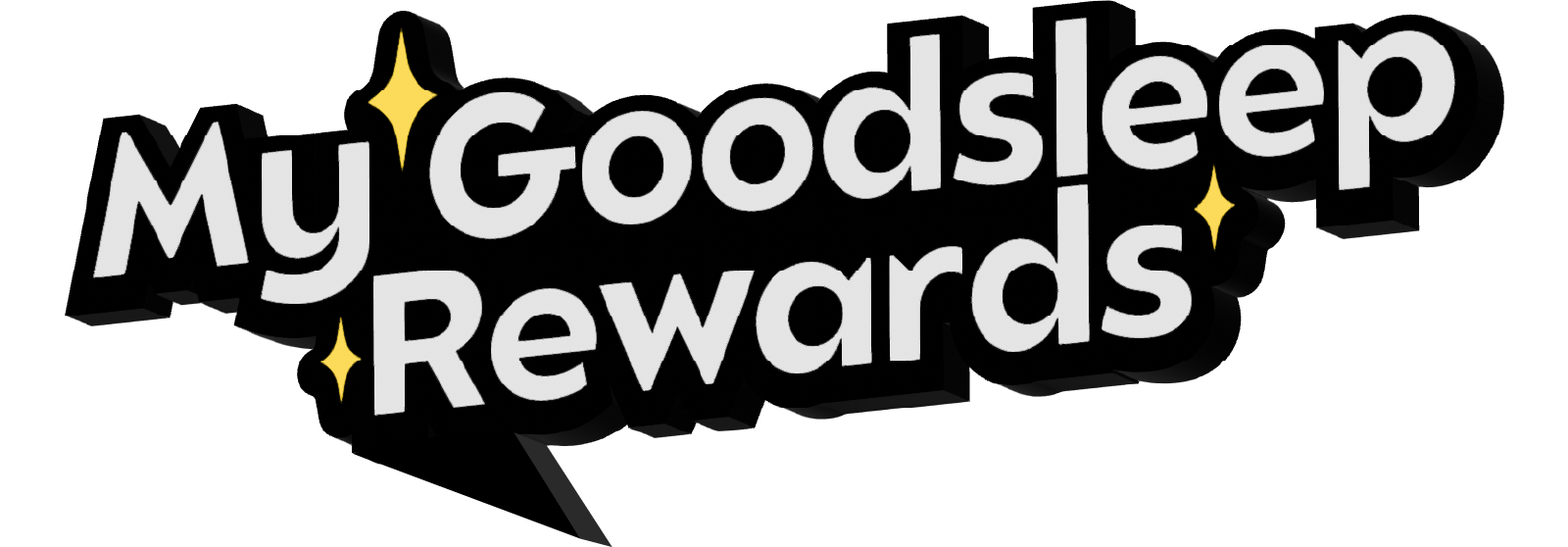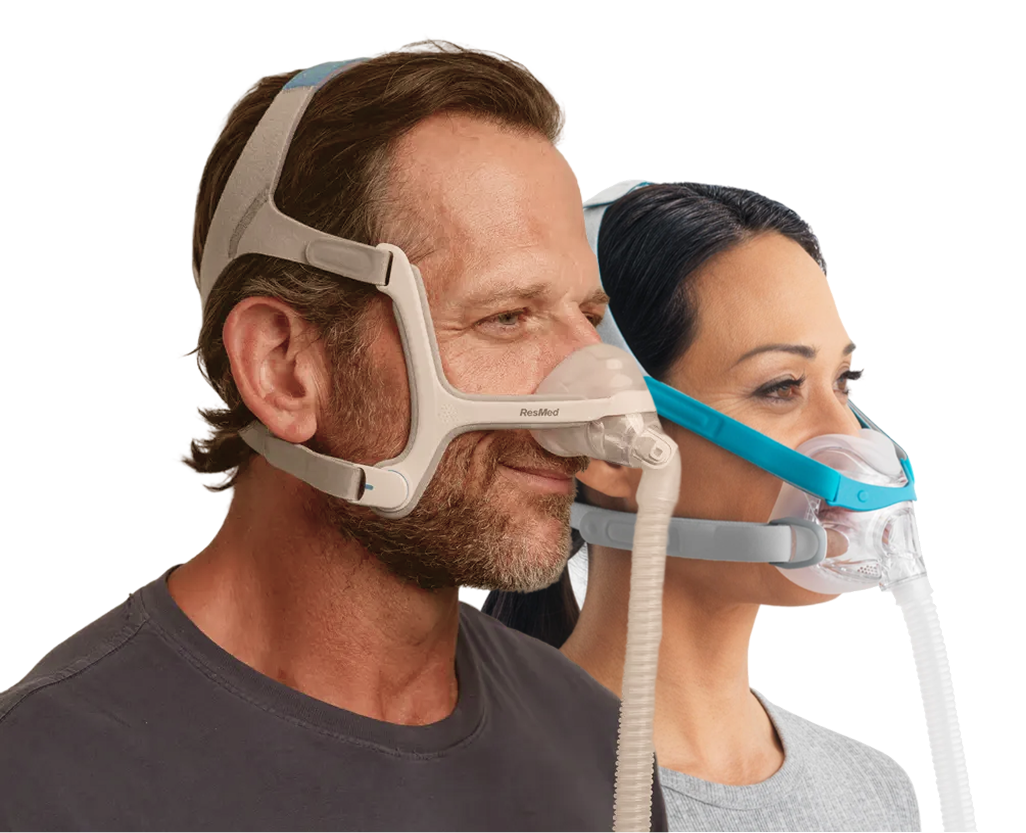What is a CPAP machine?
What is the CPAP? The CPAP meaning is Continuous Positive Airway Pressure. A CPAP machine is a medical device used to treat sleep apnea, a condition where breathing repeatedly stops and starts during sleep. It delivers a continuous flow of air through a mask worn over the nose, mouth, or both, keeping airways open and preventing breathing interruptions during sleep.
CPAP machines are particularly effective for treating obstructive sleep apnea. Symptoms include snoring, gasping, or choking during sleep, which can cause daytime fatigue and other health issues. Using a CPAP machine significantly improves sleep quality and overall health.
>>> Read more on: What does a CPAP machine do when you stop breathing?
A CPAP machine includes:
- Air Filter: Cleans the air, removing impurities and allergens.
- Hose/Tubing: A flexible tube connecting the generator to the mask.
- Mask: Available in nasal, full-face, or nasal pillow designs to suit preferences.
- Headgear: Straps that secure the mask comfortably in place.
- Humidifier (Optional): Adds moisture to prevent dryness or irritation.
Are there different types of CPAP machines?
To understand types of CPAP machines, it can be categorized into three types of as follows:
-
CPAP Machines (Continuous Positive Airway Pressure): CPAP machines maintain a consistent, unchanging air pressure to ensure the airway remains open during sleep. They are the most prevalent CPAP variant and suit individuals with steady breathing patterns and stable sleep apnea conditions.
-
APAP Machines (Auto-Adjusting Positive Airway Pressure): APAP machines possess the capability to automatically adapt air pressure based on the user's nightly breathing patterns. These devices continually monitor the airway and make real-time pressure adjustments, resulting in a more personalized and comfortable therapy experience.
-
BiPAP Machines (Bilevel Positive Airway Pressure): BiPAP machines provide two distinct air pressure levels: higher during inhalation and lower during exhalation. This is particularly advantageous for individuals struggling with exhalation against a constant pressure, especially those with specific respiratory ailments or central sleep apnea.
How does a CPAP machine work?
The CPAP device uses a compressor (motor) to create a continuous flow of compressed air that passes through an air filter into a flexible tube. This tube carries the filtered air to the mask, which fits snugly over the nose or mouth.
During sleep, the airflow from the CPAP device overcomes any resistance and opens the airways, providing the lungs with sufficient oxygen.
Since nothing obstructs the flow of oxygen, there are no breathing interruptions. As a result, there is no need to wake up repeatedly to continue breathing.

The pros and cons of using a CPAP machine
Pros of using a CPAP machine
+ Improves sleep quality: Prevents interruptions, helping you enjoy a more restful night's sleep.
+ Reduces or eliminates snoring: Continuous air pressure keeps the airway open, stopping blockages that cause snoring.
+ Decreases daytime sleepiness and fatigue: Quality sleep boosts energy and alertness during the day.
+ Improves overall health: Regular CPAP use reduces risks of heart disease, stroke, and high blood pressure.
>>> Learn more about: What causes snoring? 6 factors can contribute to snoring
Cons of using a CPAP machine
- Effective but has drawbacks: CPAP machines effectively treat sleep apnea but have some downsides.
- Discomfort: Wearing a mask and headgear can feel uncomfortable, especially for new users.
- Dryness and congestion: Continuous airflow may dry the mouth, nose, and throat, causing irritation, but a humidifier can help.
- Noise: Modern machines are quieter but still produce sound that may disturb light sleepers or roommates.

Who is it used for?
CPAP machines are used to treat obstructive sleep apnea (OSA). With OSA, brief pauses in breathing occur during sleep when the airways relax so much that they narrow or close completely. This can happen hundreds of times in a single night and lead to a lack of oxygen. Untreated sleep apnea increases the risk of developing conditions such as:
+ Stroke.
+ Heart disease.
+ Hypertension.
+ Type 2 diabetes.
+ Cognitive impairment.
For individuals with both obstructive and central sleep apnea, CPAP therapy may be combined with other treatments to address their symptoms. Otherwise CPAP therapy can also support individuals with respiratory illnesses like Chronic Obstructive Pulmonary Disease (COPD) or congestive heart failure, especially when symptoms overlap with sleep apnea.
Healthcare professionals also use CPAP machines to treat other types of breathing problems. For example, they use them for premature babies in the neonatal intensive care unit (NICU) whose lungs are not yet fully developed.

What are the side effects of using a CPAP machine?
Common long-term side effects of CPAP machines may include dry mouth, skin irritation, nasal congestion, or discomfort from the mask. To help reduce or avoid these side effects, make sure to clean your CPAP machine regularly and discuss alternative masks and accessories with your doctor.
- Aerophagia
- Discomfort
- Skin Irritation
- Claustrophobia
- Infections
- Nasal Congestion
- Dry Nose
- Dry Eyes
- Dry Mouth
>>>> Long-term side effects of CPAP machine and Prevention
How Much Do CPAP machine price?
| Machine Type | Popular Model Examples | Est CPAP therapy cost |
| Fixed‑pressure CPAP | ResMed AirSense 10 Elite, SmartMed iBreeze Fixed | $599 – $1,449 |
| APAP (Auto‑adjusting CPAP) | ResMed AirSense 10/11 AutoSet, Löwenstein Prisma SMART, Fisher & Paykel SleepStyle | $999 – $1,800+ |
| Travel CPAP | ResMed AirMini, BMC M1 Mini | $850 – $1,299 |
| BiPAP machine | ResMed Lumis 100/150, BMC G3 BiPAP, Philips DreamStation BiPAP | $1,810 – $3,419 |
FAQs
Does CPAP reduce anxiety?
Conclusions. Although CPAP therapy is primarily designed to treat sleep apnea, it can also have a positive effect on anxiety by improving sleep quality, reducing stress levels, and improving general well-being.
What does CPAP therapy do?
CPAP (Continuous Positive Airway Pressure) is a device that uses gentle air pressure to keep the airways open during sleep.
What is the 4 hour rule for CPAP?
To understand better, you have 90 days (or 3 months) to wear a CPAP machine for at least 4 hours every night 70% of the time. In simple terms, this means that 70% of the time is used for 21 out of 30 consecutive days. It is important for the overall success of the therapy that the patient sticks to it.
Where can I get a CPAP?
If you suspect you have sleep apnea or have been diagnosed with a related condition, consult a CPAP therapist to determine whether CPAP therapy is right for you. Shop now at CPAP Discount Warehouse for top-quality CPAP machines at unbeatable prices! With our wide selection, expert support, and fast delivery, achieving better sleep has never been easier. Don’t wait - take the first step towards healthier, more rejuvenating nights today!






